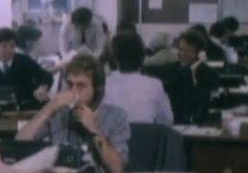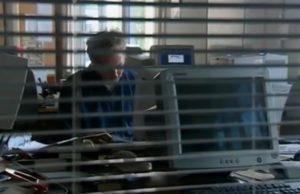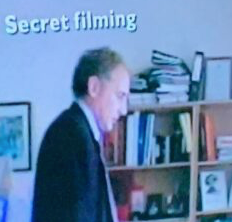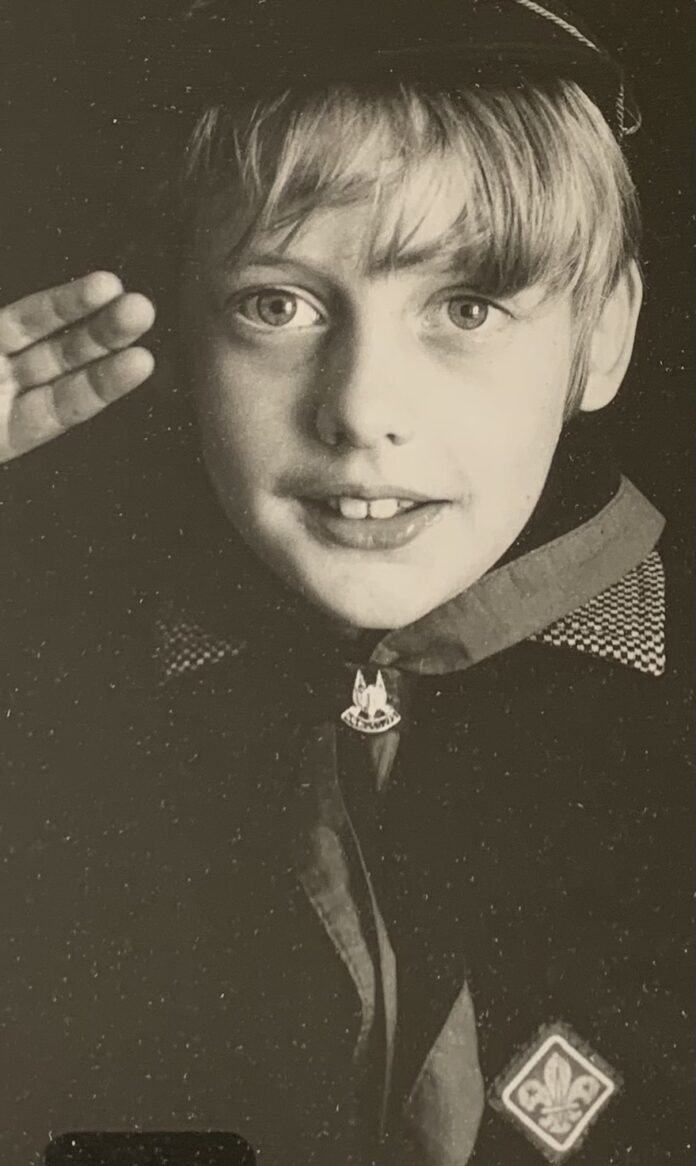- Death wish - 23rd February 2026
- Return to sender - 20th February 2026
- Legal eagle - 19th February 2026

During 23 years with the BBC, and a 41 year journalistic career (when he was trained to use simple language, avoiding jargon), for our Editor, Welshman Phil Parry, it has always been central to see things differently, as well as expose nonsensical ‘facts’ from organisations or officials, and this is now emphasised by new research revealing that thousands of women were raped by allied soldiers during World War Two (WWII), as well as by incorrect information given out by the World Health Organis(z)ation (WHO)
It is important for journalists like me to check all facts.

Some sources can be relied upon, but others cannot even if they have an official logo.
You also can’t trust accepted received wisdom either, because while this may not actually be wrong, it might only paint half the picture.
All of this has been thrown into stark relief for me by new research showing the behaviour of Allied soldiers during World War Two (WWII), as well as the absurd nonsense given out as ‘facts’ by the World Health Organis(z)ation (WHO) during the pandemic.

Let’s start with the stuff from the WHO, because exposing factual inaccuracies given as supposed truth for the public by organisations like these, has always been important throughout my career.
On March 28 2020, as many countries went into lockdown, the WHO posted a tweet declaring: “FACT: #COVID19 is NOT airborne”.

It claimed that people could try to avoid Covid-19 by keeping their distance from others and washing their hands regularly. But this was simply wrong: the coronavirus (Covid-19) IS, in fact, airborne.
It can remain active as an aerosol for up to three hours, and the droplets can travel farther than scientists realised. This was proved by studying the transmission of the virus in a restaurant.
Yet it took more than a year—and a huge cache of evidence—for the WHO to change its mind and messaging.


Let’s turn now to the actions of Allied soldiers which is again important, and puts centre stage my firm belief that it is important for journalists not to follow the crowd, because the public can be trusted to know ALL the facts.
It has always seemed right to challenge accepted narratives, but, for reasons I don’t entirely understand, I am HATED for it.

It’s a bit like when you expose a miscarriage of justice (which I have done several times), I invariably become the spawn of the devil to a victims’ family, rather as if they want ANYONE convicted of the crime, even if it is the wrong person!
The accepted view of what the Allied soldiers did is that they bravely took on the Nazi enemy (particularly American GIs). This is true, and I applaud their courage.
It is, however, only half the story.

There is now a realisation that, both before and after D-Day they raped thousands of women.
As one woman in Northern Ireland wrote in October 1943: “It’s not safe for us to be out unless we go together. I’d hate to be out in Derry on my own after dusk, believe me. These Yanks are positive fiends for women and should all be in homes (mental ones)“.
It has been estimated that only five per cent of rapes involving service personnel were reported, and that American GIs were responsible for 2,500 of these kind of assaults during the war when they were stationed in the UK.

It was no better, either, abroad and it wasn’t simply GIs. In France, The Low Countries, and Germany there were hundreds of rapes by British and Canadian soldiers.
Atrocities like these committed by Soviet troops as they went in to Germany, have been well-documented, but these ones have not.

But it’s important that information like this comes out for the public to know about for a number of reasons.
The most important of them is that it is patronising in the extreme, to believe that people can’t be trusted knowing these kind of details, and that secrecy is therefore needed.
Regrettably it then falls to journalists like me or researchers, to bring out the truth, but you are then condemned for doing it.

As I know only too well…
The memories of Phil’s astonishing, decades long award-winning career in journalism (when he never really became used to the level of abuse he endured for bringing out facts) as he was gripped by the rare neurological disabling condition Hereditary Spastic Paraplegia (HSP), have been released in the book ‘A Good Story’. Order it now.
Tomorrow – how during that career Phil has always challenged crooks as well as organisations in the wrong, and this is now highlighted by news that a stand up comedian confronted a heckler in one of his shows.









